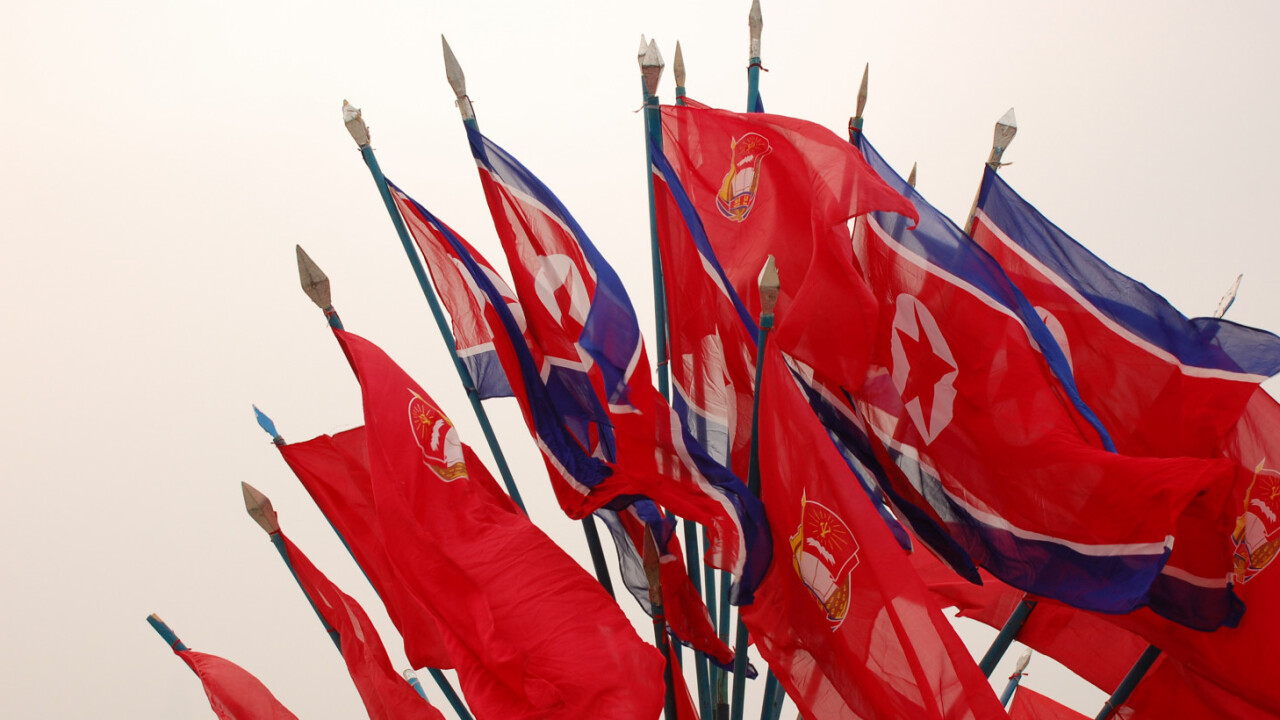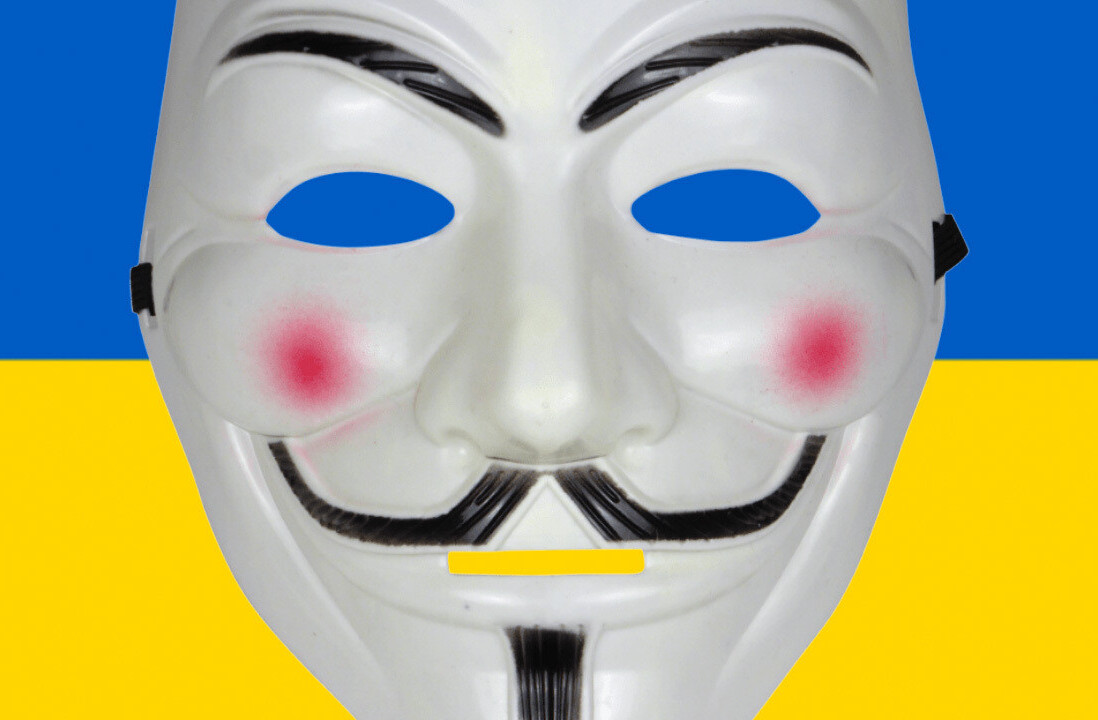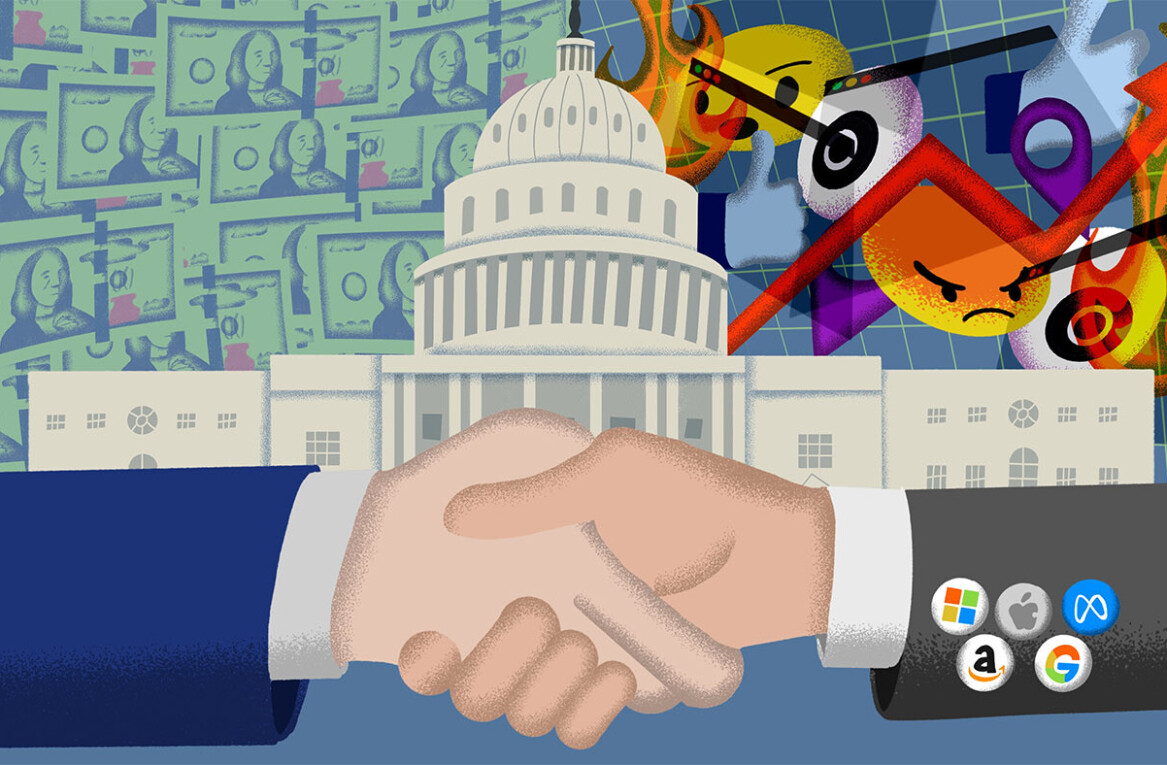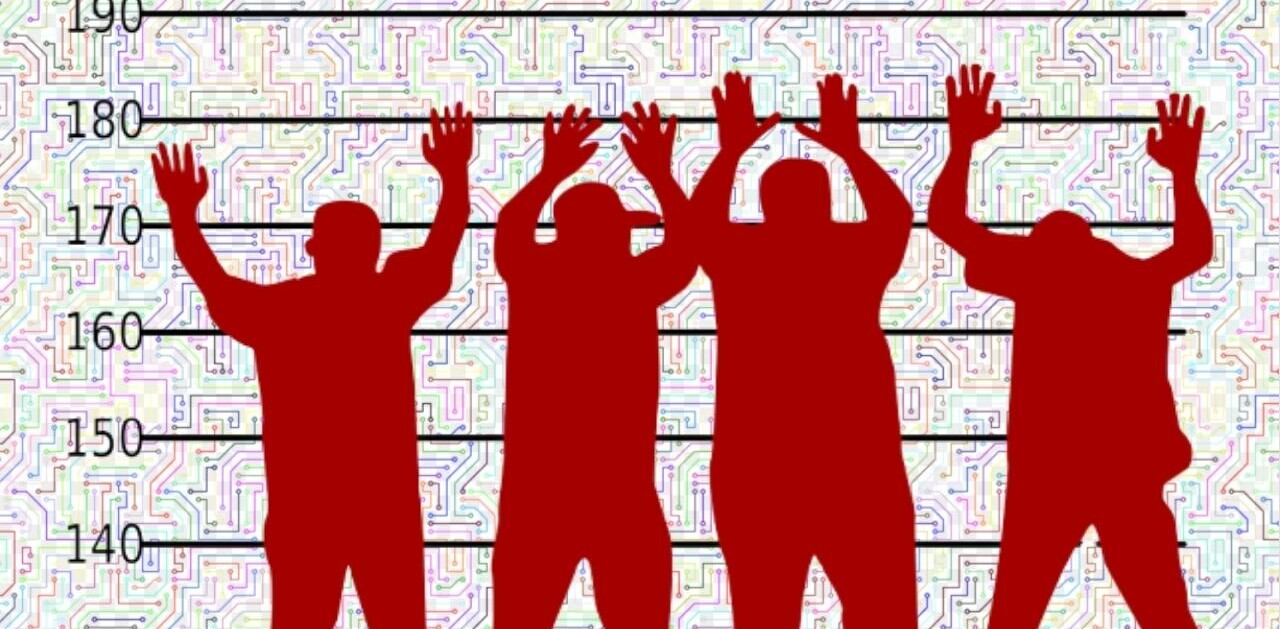The US has publicly called out North Korea for the massive WannaCry ransomware attack that affected thousands of computers and networks across the globe in May, with an estimated loss of about $4 billion.
The allegation comes from Thomas P. Bossert, assistant to the American president for homeland security and counterterrorism, who penned a piece in The Wall Street Journal today, and noted that the US, authorities in the UK, as well as Microsoft, had found evidence from the attack pointing to affiliation with the North Korean government.
Bossert also explained that the US will take a harder stance against hackers and governments that deploy them, and work towards strengthening the security of government systems and networks at home:
President Trump has made his expectations clear. He has ordered the modernization of government information-technology to enhance the security of the systems we run on behalf of the American people. He continued sanctions on Russian hackers and directed the most transparent and effective government effort in the world to find and share vulnerabilities in important software. We share almost all the vulnerabilities we find with developers, allowing them to create patches.
This year, the Trump administration ordered the removal of all Kaspersky software from government systems. A company that could bring data back to Russia represents an unacceptable risk on federal networks. Major companies and retailers followed suit. We brought charges against Iranian hackers who hacked several U.S. companies, including HBO. If those hackers travel, we will arrest them and bring them to justice.
The WannaCry attack was one of the most devastating acts of cyberterrorism in recent times: the fast-spreading malware locked down several computers in the UK’s NHS hospitals and displayed a message prompting users to pay $300 in Bitcoin to decrypt the files and restore them to working order – before spreading to 150 countries.
A once-anonymous security researcher found a simple fix to prevent it from affecting more computers: the ransomware was connected to a specific domain that wasn’t registered at the time. So he bought it, and effectively activated a kill switch and ended the spread of WannaCry.
The US’ statement will likely strain tensions between itself and North Korea even further, and it’s not afraid to say so. Bossert concluded:
As for North Korea, it continues to threaten America, Europe and the rest of the world—and not just with its nuclear aspirations. It is increasingly using cyberattacks to fund its reckless behavior and cause disruption across the world. Mr. Trump has already pulled many levers of pressure to address North Korea’s unacceptable nuclear and missile developments, and we will continue to use our maximum pressure strategy to curb Pyongyang’s ability to mount attacks, cyber or otherwise.
Yeah, I’d say now’s a good time to look into nuclear bunkers again. At the very least, learn to protect your computer from cyberattacks.
Get the TNW newsletter
Get the most important tech news in your inbox each week.





